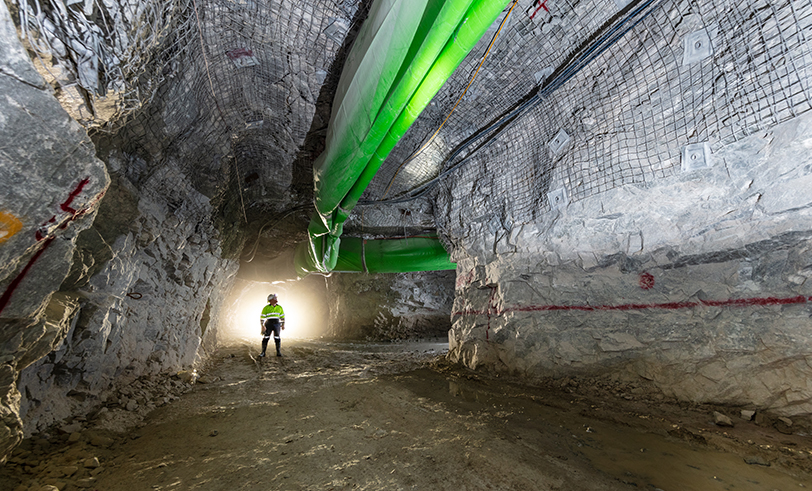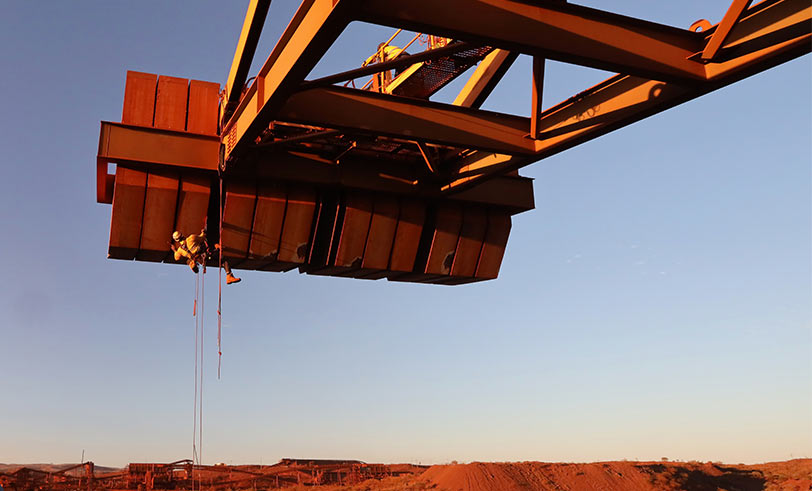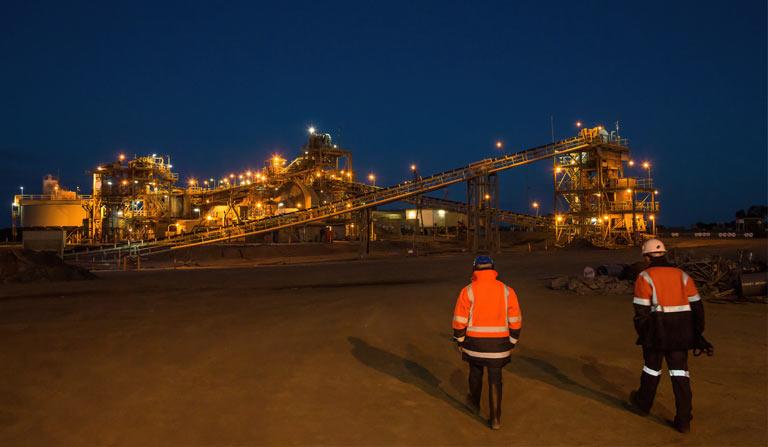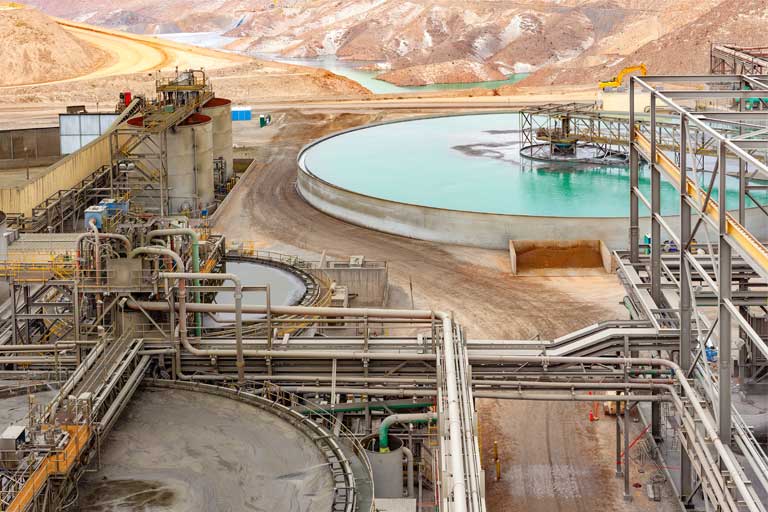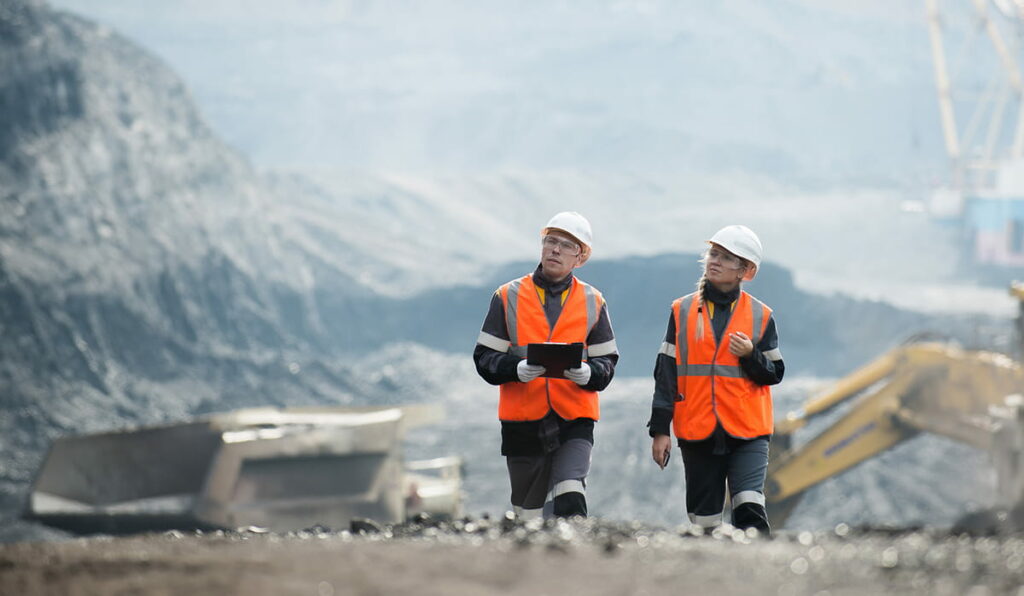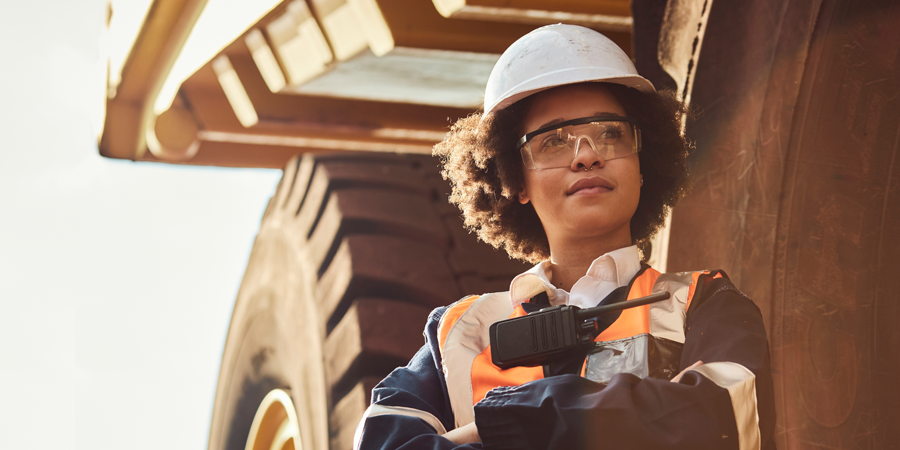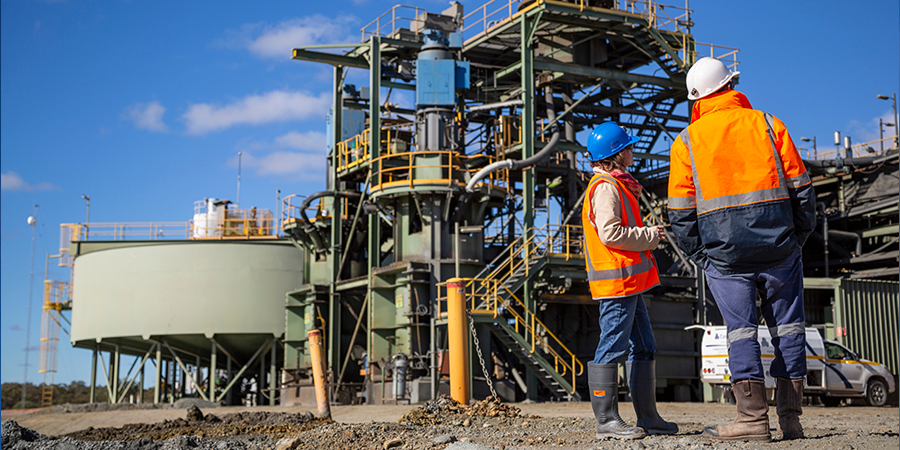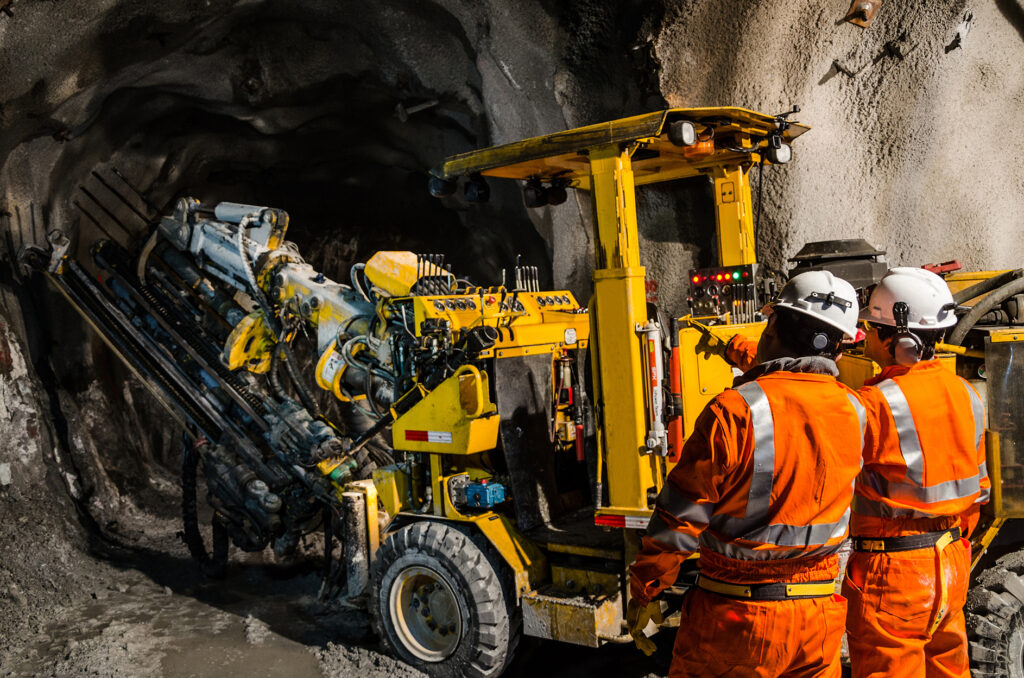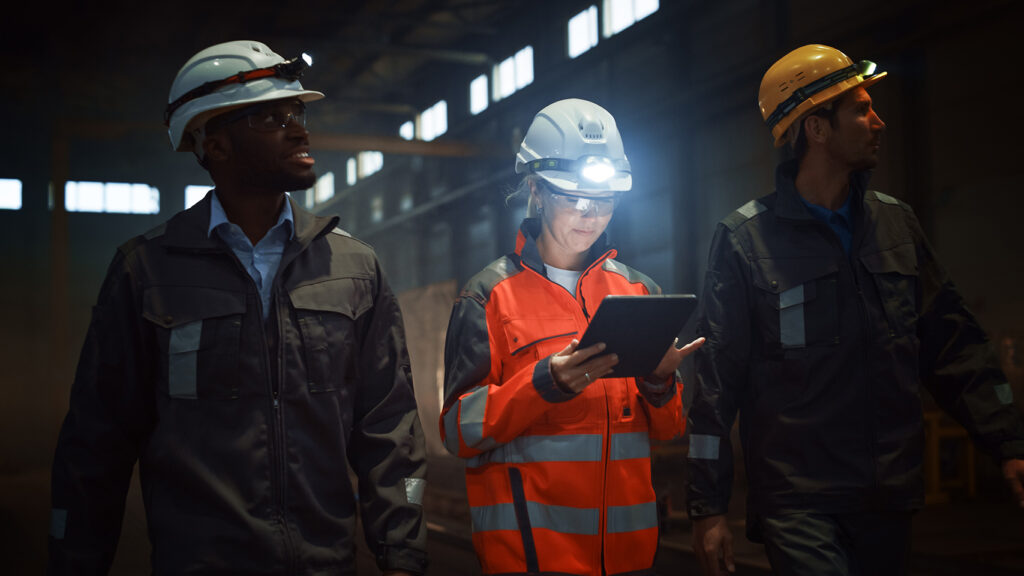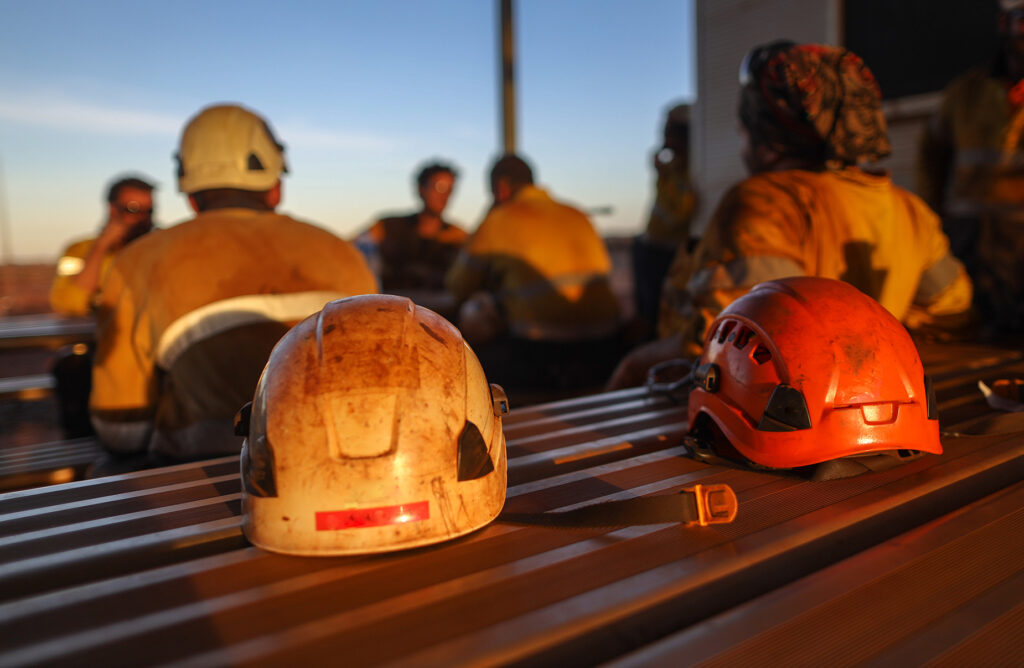Many HR teams at mid-tier mining companies are grappling with the same challenge: managing talent acquisition across diverse locations and divisions with unique hiring needs, while striving for ...
How to get the most from external recruiter relationships
If recruitment firms are feeding your business low-quality candidates or leaving you hanging, there might be a good reason for it. And a simple fix. Start by looking at how your external ...
How to position yourself for your next General Manager role
Aspiring General Managers sometimes find themselves at a crossroads. Where experience meets ambition, and where the right relationships can transform their careers. But navigating this path to an ...
Navigating Junior Mining Recruitment in LATAM: What You Need to Know
It’s one of the biggest liabilities a junior miner can have — not having the right people in place at the pivotal exploration and pre-feasibility stages. This is even more challenging when your ...
Retained Search vs Contingency: Which is better?
The mining recruitment industry is broad and competitive which offers a wide array of services and pricing models for customers. But it can be a challenge to work out which option is best for ...
How US Mining Companies are Solving the Talent Crunch
In the competitive US mining landscape of Nevada, mining companies are tapping into global talent pools to address their staffing challenges. The US mining industry is in the grip of extreme ...
Globe 24-7 Shortlisted as Finalist for 2023 Best RPO Business
We’re thrilled to announce that we’ve been shortlisted as a finalist in the prestigious Global Recruiter Awards for 2023 in the category of Best Recruitment Process Outsourcing Business. Globe ...
4 Things Your Salary Benchmark Report Isn’t Telling You
Salary benchmark reports have become a cornerstone for many mining companies. They offer HR teams insight into industry standards and help establish competitive compensation packages. However, ...
Hidden Talent: 7 Tips to Access Passive Candidates in the Mining Industry
Mining recruitment teams are all trying to poach, coax or recruit from the same market. It’s a competitive landscape, and line leaders face an ongoing battle. A recent report by McKinsey on the ...
3 Ways to Get Ahead of Australia’s Mining Skills Shortage
It’s one of the top issues for mining companies in Australia — there simply isn’t enough qualified, skilled staff to fill critical gaps in mining operations. A recent McKinsey report on global ...
Building a Stronger Future: Our CEO’s Vision for Gender Equity
Life is richer when we support diversity, equity, and inclusion, but navigating the gender equity landscape can be emotive and complicated. It’s not a topic limited to the workplace, it extends ...
The Human Factor: Integrating Workforce Planning into the DNA of Mining Projects
The people planning needs for developing a new mine is more than just preparing a fully costed manpower plan. While estimating the number of personnel required and their costs is the main aspect, ...

